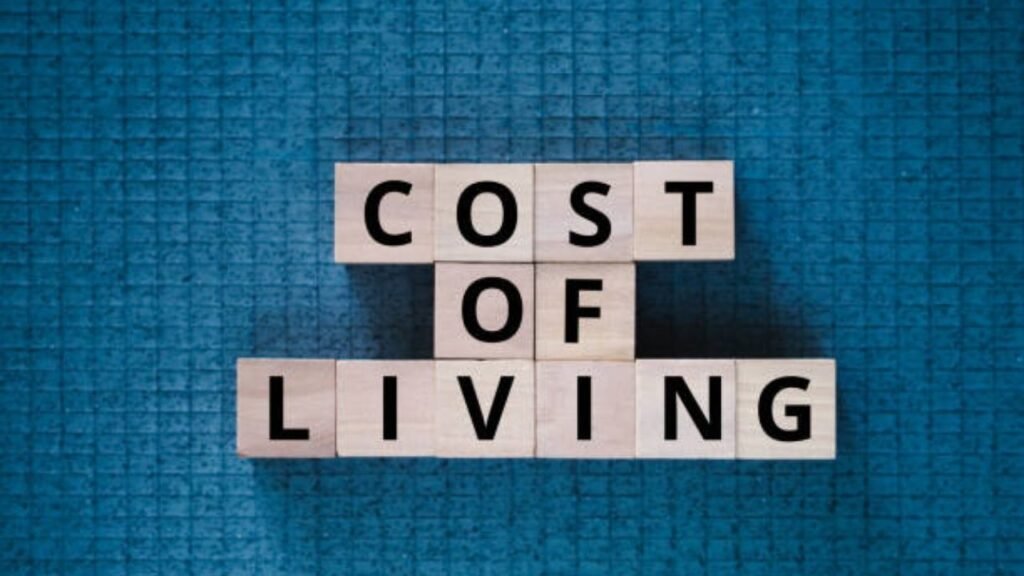Rumors about a £725 cost of living grant for UK pensioners in September 2025 have been circulating widely, but official government sources have confirmed that no such payment is planned. The Department for Work and Pensions (DWP) has made it clear that the cost of living payment scheme, which ran between 2022 and 2024, has now ended.
The End of Emergency Payments
The cost of living support was first introduced during the peak of rising energy prices and inflation. Between 2022 and 2024, millions of households received one-off payments ranging from £150 to £650 to help them manage rising bills. Pensioner households also received extra payments of £300 alongside their Winter Fuel Payments in both 2022 and 2023. The final payment under the scheme was £299, which was distributed in February 2024.
Government’s Official Position
In May 2025, the DWP updated its website to clarify that no new cost of living payments are scheduled for the year. Officials explained that with inflation falling to below 3 percent, emergency one-off payments are no longer necessary. Instead, the focus has shifted to strengthening long-term support through existing welfare programs.
Current Support Available to Pensioners

Although the £725 grant is not happening, pensioners still have access to other important benefits. Winter Fuel Payments remain in place, worth £200 or £300 depending on age, but now only available to those also receiving Pension Credit or certain other means-tested benefits. Pension Credit itself continues to be a vital safety net, offering not just income top-ups but also access to free TV licences for those over 75, NHS support, and the Warm Home Discount Scheme.
Household Support Fund and Other Help
For 2025/26, the government has allocated £742 million to English councils through the Household Support Fund. This funding allows local authorities to offer discretionary help to residents struggling with essential costs. Additional funds are being provided to Scotland, Wales, and Northern Ireland through the Barnett formula, giving devolved governments flexibility to support their communities.
Why the Scheme Ended
The closure of the cost of living payments aligns with the government’s wider welfare reforms. Efforts are being made to move people from legacy benefits to Universal Credit, while also adjusting eligibility for certain disability benefits. Ministers argue that one-off payments were designed only as a temporary solution during the crisis years and that ongoing welfare support now provides a more sustainable safety net.
Beware of False Information
The rise of misleading claims online has made it harder for pensioners to know what support is real. Many unofficial websites are spreading false news about new payments of £500, £650, or £725. Some even attempt to collect personal or banking information under the guise of government support. Pensioners are strongly advised to ignore such claims and only rely on trusted sources like GOV.UK or official DWP announcements.
Steps Pensioners Can Take Now
Instead of waiting for payments that will not arrive, pensioners should check whether they qualify for Pension Credit, which remains one of the most underclaimed benefits in the UK. Those already receiving Pension Credit should also make sure they are getting Winter Fuel Payments automatically. Local councils are another valuable source of support through the Household Support Fund, so pensioners struggling with costs should reach out for available help.
While the cost of living payment scheme has ended, the government continues to provide targeted support through benefits, tax reliefs, and local funding schemes. Pensioners are encouraged to remain cautious of misinformation and to explore existing avenues of support. For many households, making use of Pension Credit and local authority assistance will be key to managing financial pressures in 2025.

